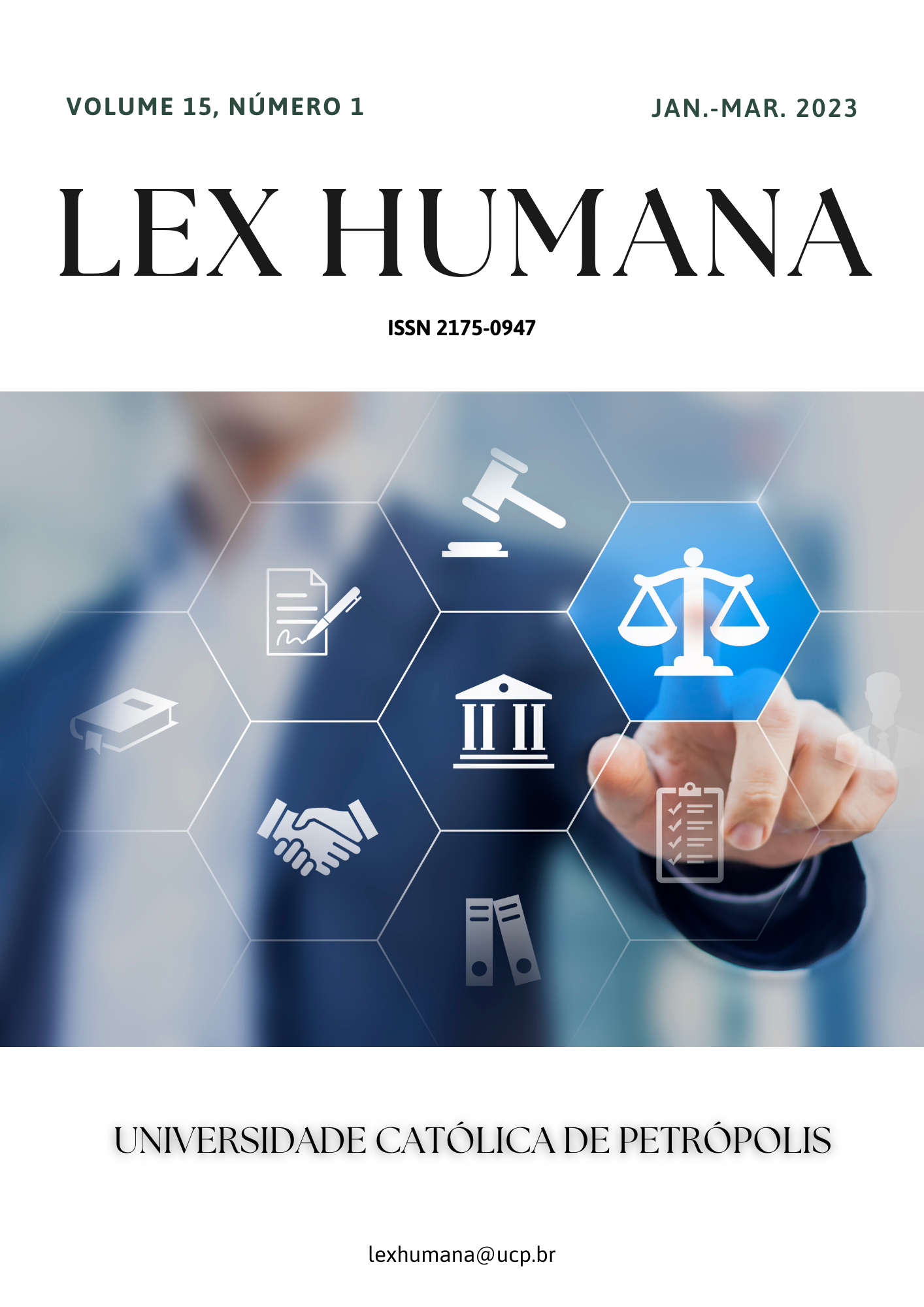Abstract
Occupational fiqh (Islamic Jurisprudence) is a branch of fiqh dealing with Islamic laws for contemporary occupational issues. Terengganu’s implementation of Pelan Induk Terengganu Sejahtera (Master Plan of Prosperous Terengganu) or PITAS 2030 which is aiming to form a prosperous and religious state, occupational fiqh implementation among the workers is highly essential, particularly while facing COVID-19 pandemic new normal situation. However, effective implementation needs excellent awareness among the workers so that it will be practiced efficiently and committedly. Therefore, this study aimed to survey the level of awareness on occupational fiqh implementation especially during COVID-19 situation among workers in Terengganu. Dynamically, this study was performed through quantitative approach employing survey and descriptive method. Through the survey, it was found that the level of awareness regarding occupational fiqh among Terengganu workers was high. Thus, further programs can be organised to improve further their level of awareness and encourage efficient occupational fiqh implementation among the workers particularly during COVID-19 pandemic situation and to ‘The New Normal’.
References
Al-Quran al-Karim
Abd. Rauf Hassan, Abdul Halim Salleh, Khairul Amin Mohd Zain & Wan Norainawati Hamzah (2011). Kamus Bahasa Melayu-Bahasa Arab, Bahasa Arab-Bahasa Melayu (2nd Ed.). Shah Alam: Oxford Fajar Sdn. Bhd.
Adanan Mat Junoh (2006). Attribut Pembelajaran Non-Formal dalam Kalangan Orang Melayu Dewasa di Malaysia. Universiti Putra Malaysia: Doctoral Thesis.
Adawiyah Ismail (2011). Pembentukan Keluarga Berkualiti dalam kalangan Wanita Berkerjaya Menurut Islam: Kajian Kes di Putrajaya. USM Pulau Pinang: Doctoral Thesis.
Ahmad Samsuri Mokhtar [Dr Ahmad Samsuri Mokhtar]. (2018, Julai 17). MB Terengganu: Tujuh Prinsip PITAS 2030 [Fail video]. Diakses daripada https://youtu.be/7N5DUodXEeM
Al-Bukhari (2015). Ringkasan Sahih Bukhari (Zulfikar Arif Rahman, Trans.). Batu Caves: Pustaka al-Ehsan.
Al-Nawawiy (2010). Terjemahan Riyadhus Shalihin Jilid 1 & 2 (Muslich Shabir, Trans.). Kuala Lumpur: Klang Book Centre.
Al-Qaradhawiy, Y. (2013). Fiqh Keutamaan (Bahruddin Fannani, Trans.). Kuala Lumpur: Ana Muslim Sdn. Bhd.
Amanina Abdur Rahman, Alyssa Farha Jasmin, Schmillen, A. (2020). The Vulnerability of Jobs to COVID-19: The Case of Malaysia. ISEAS Yusof Ishak Institute Economics Working Paper No. 2020- 09.
Asy-Syuyuthi, J. & al-Mahalliy, J. M. (2010). Tafsir Jalalain (Version 2.0). Pesantren Persatuan Islam 91 Tasik Malaya. Retrieved from
myface-online.blogspot.com
Banci Penduduk & Perumahan 2020: Data Anda Masa Depan Kita (2020). Jabatan Perangkaan Malaysia Newsletter. DOSM/DOSM.TERENGGANU/1.2020/SIRI 85
Basri Ibrahim al-Hasani al-Azhari (2007). Fiqh Perbandingan Isu-isu Fiqh Terpilih, Kuala Lumpur:al-Hidayah Publishers.
Embong, A. H. ., Rahman, A. H. A. ., Kadir, F. K. A. ., Salamun, H. ., Khairuldin, W. M. K. F. W. ., Shahrani, S. S. ., & Karim, M. R. A. . (2022). A Research Design Based on The Framework of Tafseer Al-Fiqhiy (Quranic Juristic Commentary). Academic Journal of Interdisciplinary Studies, 11(2), 391. https://doi.org/10.36941/ajis-2022-0060
Hasni Mohd Ali (2003). Kefahaman Terhadap Kakitangan Muslim Terhadap Kebebasan Wanita dari Aspek Kerjaya: Kajian di Jabatan Audit Negara Putrajaya. Tesis Sarjana, Universiti Malaya, Kuala Lumpur.
Ishak Mad Shah et.al. (2014) Gangguan Seksual Di Tempat Kerja: Kajian Ke Atas Mangsa Dan Pelaku Di Sekitar Johor Bahru, Johor. Skudai: Universiti Teknologi Malaysia
Kamarudin Salleh (2012). Transformasi Pemikiran Pembaharuan dan Modenisme di Malaysia. International Journal of Islamic Thought, (2): 23-37.
Kothari, C. R. & Garg, G. (2014). Research Methodology: Methods and Techniques (3rd Ed.). New Delhi: New Age International (P) Limited, Publishers.
Majlis Perbandaran Kemaman (2021, August 11). Pelan Induk Terengganu Sejahtera (PITAS) 2030. Portal Rasmi Majlis Perbandaran Kemaman. http://mpk.terengganu.gov.my/ms/mpk/pusat-media/berita/pelan-induk-terengganu-sejahtera-pitas-2030
Noor Syaibah Syabuddin et.al. (2016) Perceraian Dalam Kalangan Pasangan Dewasa Pertengahan Di Pejabat Agama Islam Daerah Hulu Langat (Paidhl): Eksplorasi Faktor. Journal of Social Science, Vol. 1 2016: 36-52.
Rahimin Affandi Abd. Rahim, Shamsiah Mohamad, Paizah Ismail dan Nor Hayati Mohd Dahlal (2010). Konsep Fiqah Malaysia Dalam Perundangan Islam: Satu Pengenalan. Kajian Malaysia, 28(2), 2010.
Rohaiza Abd. Rokis (2011). Islam and Modernity: A Case of Muslim Female Engineers in Malaysia. Journal of Islam in Asia, Spl. Issue, (2): 403-419.
Saadan Man (2005). Fiqh Semasa: Konsep dan Aplikasinya. Jabatan Agama Islam Selangor.
Sholihur Rahman (2011). Analisis Penerapan Fiqah Liberal dalam Fiqah Wanita. Universiti Kebangsaan Malaysia: Doctoral Thesis.
Siti Nadiah (2017). Keadilan Pekerja Wanita Dan Pampasan. Kota Kinabalu: Universiti Malaysia Sabah.
Sophia Pandya (2012). Muslim Women and Islamic Resurgence, Religion, Education and Identity Politics in Bahrain. New York: I.B. Tauris & Co Ltd.
Timbuong, J. (2021, January 28). Malaysia Drops Six Spots in Worldwide Corruption Perceptions Index Ranking. The Star. Retrieved from
Wan Khairuldin, W. M. K. F. ., Wan Nor Anas, W. N. I. ., Umar, R. ., Kamarudin, M. K. A. ., & Embong, A. H. . (2022). Ethical Issues in Academic Authorship: A Study on Group Writing. Academic Journal of Interdisciplinary Studies, 11(1), 226. https://doi.org/10.36941/ajis-2022-0020
Zulkifli Hassan (2012). Satu Tinjauan dalam Kalangan Wanita Berkahwin dan Bekerja di UTM Terhadap Amalan Poligami. UKM Bangi: Master’s Thesis.

This work is licensed under a Creative Commons Attribution-NonCommercial-NoDerivatives 4.0 International License.
Copyright (c) 2023 Lex Humana (ISSN 2175-0947)

